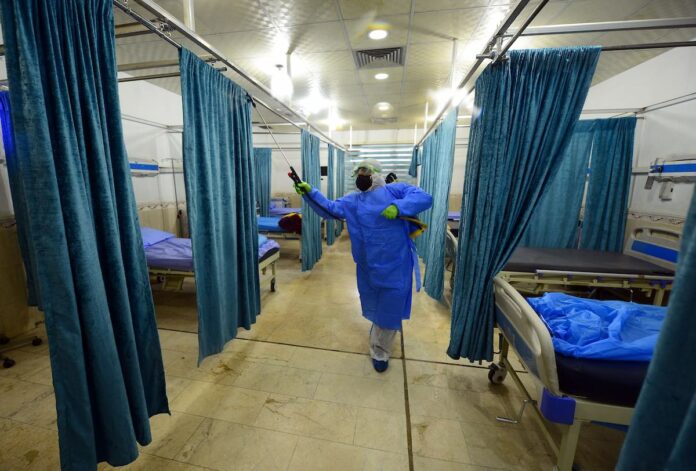Dr. Adnan Yassin Mustafa/ Professor of Development Sociology – University of Baghdad
Introduction
The major health challenges throughout history have invaded societal and institutional structures, and caused social, economic, environmental, and political losses. They threatened all developed and developing countries of the world and affected all groups (adults, youth, and children) and human communities – rural and urban.
The impact of the health threat on Iraq has varied; Because of the complications that accompanied the spread of the “Covid-19” pandemic, the accompanying death toll, as well as the psychological effects of anxiety, panic, and fear. In addition to the effects of economic losses that threatened development plans, followed by a major economic crisis and complete paralysis in most economic activities.
It is self-evident to say that preventive healthcare is a societal issue, in the sense of preventing and avoiding the occurrence of causes and phenomena predisposing to disease, as an effective means to stop the occurrence of the disease and prevent its damages and complications, and the consequent financial expenditure from the family and community budget. This can only be achieved by changing the behavior of individuals and society.
It became the top health problem that extended beyond the control of health services, and this problem concerns the management systems of the state and society, which must be done in decentralized methods based on local communities, the contribution and participation of all members of society in adopting appropriate health policies for them, and bringing about the required behavioral changes, in their nutrition system, sports practices, smoking cessation, and reproductive behavior, with the consequent savings that may reach half of the budgets allocated to spending on diseases and their complications.
The center of gravity in the field of health is now shifting from health institutions to societal, environmental, educational, and informatics behavior. It also shifts the pivotal role of medical service providers as therapists to health service providers as preventers, trainers, educators, managers, and regulators. Documenting accessible information, disseminating it on a wide scale, and training citizens on it, have become the primary goal of health practices. As preventive care has moved to actually occupy the first place, to be able to bring about a real and tangible health development for individuals and society, to educate citizens, and provide preventive measures.










